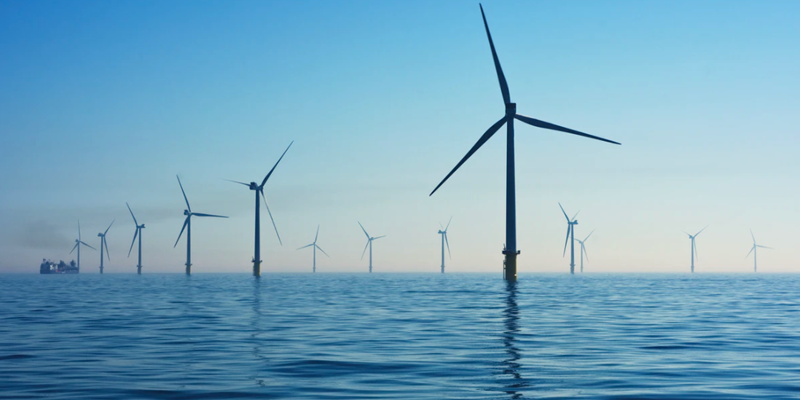
Folks, “100% renewable” targets are a scam.
The politicians and activists proclaim their value and the news media echoes those claims, but that doesn’t mean legal mandates for “renewable energy” are anything other than a scam to take money from Rhode Islanders and give it to special interests. (Same old same old in Rhode Island, I know.). And so, we get headlines like, “Rhode Island sets ambitious target for 100% renewable energy.”
We can debate whether forcing people to hand their money off to one’s political allies is “ambitious,” but what they’re selling is not what you’re getting. Note the key phrase, which I’ve bolded, italicized, and underlined in the following:
The renewable energy legislation was championed in the state Senate by Senate President Dominick Ruggerio, a North Providence Democrat.
It states that all of the energy provided to Rhode Island by 2033 would come from renewable energy, either directly from renewable energy resources or through offsets in the regional market.
An offset is when a distributor or organization buys credits from an energy producer certifying that they’ve produced “renewable energy.” That is, the non-renewable energy that the distributor or organization is using is “offset” by paying extra for the renewable energy that somebody else is using. One hundred percent of their energy could be produced by burning the dirtiest fuel they could find in an open bonfire, but if they give money to special interests that produce energy by a politically preferred process, they can be certified as clean and moral.
It’s a scam. You pay, and they take a bow (and by means direct and indirect, collect a portion of your money).
One might think that in the era of information technology the paying public would be able to see right through the con, but the additional risk of exposure only means that the con artists have to cut in those who could expose them, including as a payoff to go after and discredit those who attempt to do so anyway.
Featured image by Nicholas Doherty on Unsplash.

Justin, State of Hawaii in 2008 signed a Memorandum of Understanding to work in partnership with the U.S. Department of Energy to ween the state off of imported oil this moving to all renewable 100% clean energy thus lowering its carbon footprint as a model to rest of 49 states and increase its military security per request of then President George W. Bush (R). Hawaii has become the nation’s default renewable energy test bed and model. There is no concerted effort being made to create in state renewable electric energy to make RI standalone self-sustainable and that means big trouble for keeping the lights on in RI and on Block Island. The RI powers to be think they can just buy their way into 100% clean energy without doing any work. RI electric grids have not all been upgraded to two-way SCADA command and control smart grids which is needed to control renewable fluctuating electric energy to keep the grid from tripping out in protective mode. RI legacy grids are built for one-way flow of firm baseline electric power with no fluctuations. Hawaii is the nation’s leader in renewable energy. It has modernized it’s electrical grids on each island. It has the oldest in nation clean Biodiesel refinery recycling waste products into green usable fuel (26 years old). Hawaii is the only state in nation that manufactures its own artificial natural gas from waste byproducts (over 100 years old). Hawaii is second behind California in number of private electric vehicles register and on the roads with EV charger supporting infrastructure. Hawaii Department of Transportation currently has 17 EV buses operating on routes, 80 hybrid EV buses also on routes and 1 hydrogen fuel-cell bus operating on routes with supporting infrastructure. Hawaii is the only state in nation that has designed,… Read more »
“Hawaii is the only state in nation that manufactures its own artificial natural gas from waste byproducts (over 100 years old).” I recall hearing from older relatives about buses in the Philippines that ran on the methane(?) produced by chicken manure.
I spent 3 months living in the Philippines. Please share with us what city/town this was in as it is a very new fact to me due to all public transportation was hop on/off jitneys taxies.
I don’t know exactly, except it was shortly after WWII. I have read of it elsewhere but being already familiar with it I didn’t pay much attention.